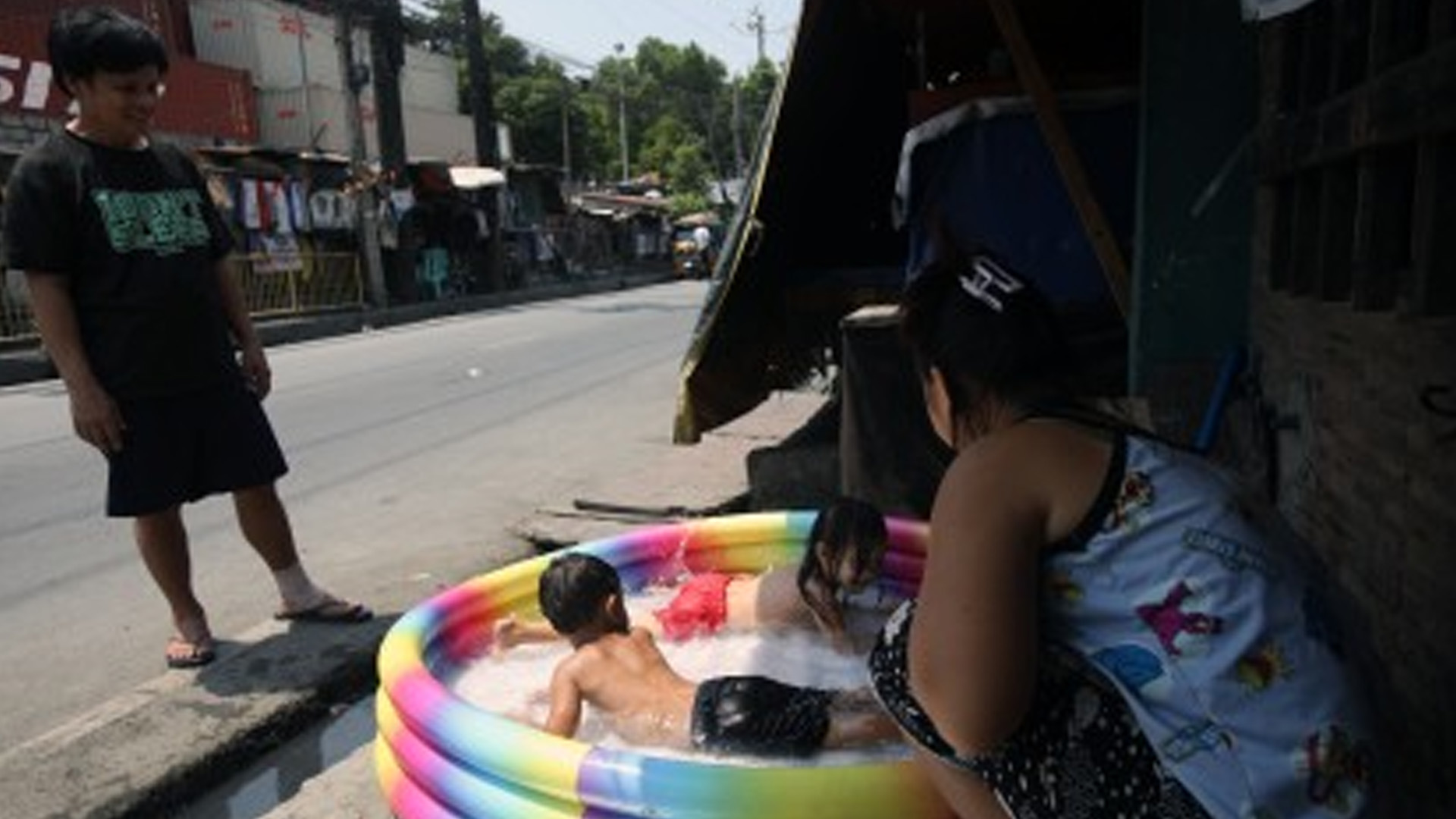The Climate Change Commission (CCC) has underscored the crucial role of barangay health workers (BHWs) in addressing the growing health threats posed by climate change.
In a news release on Wednesday, CCC Vice Chairperson and Executive Director Secretary Robert E.A. Borje said that during the recent pilot training session of the Accelerated Climate Action and Transformation for Local Communities (ACT LOCAL) program in Caloocan City, it was noted that climate change is not just an environmental issue but also a serious public health concern.
“Ang patuloy na pagtaas ng temperatura at pabago-bagong panahon ay nagdudulot ng paglaganap ng iba’t ibang sakit (The continuous rise in temperature and changing weather conditions are causing the spread of various diseases),” Borje said.
He said barangay health workers are the first responders to those affected by climate change.
“Kayo ang frontline ng mga komunidad at katuwang sa pagsagip ng buhay mula sa anumang epekto ng climate change sa kalusugan ng tao (You are the frontline of communities and partners in saving lives from any impact of climate change on human health),” he added.
Borje pointed to the increasing risks from extreme weather events, higher temperatures, and the changing patterns of diseases that threaten vulnerable communities.
The CCC said the ACT LOCAL program aims to equip local communities with knowledge and tools to adapt to and mitigate the impacts of climate change.
The CCC said there are currently around 253,000 trained BHWs across the country, who provide first aid, child healthcare, and immunization services.
Meanwhile, Borje expressed gratitude to the BHWs for their dedication to public service and community well-being, while emphasizing that strengthening prevention and resilience is key to protecting health systems and saving lives amid a changing climate.
The ACT LOCAL initiative forms part of a broader whole-of-government approach under the administration of President Ferdinand R. Marcos Jr., which aims to enhance health and climate resilience through community empowerment and science-based solutions.
The CCC, meanwhile, reaffirmed its commitment to support local government units (LGUs) and grassroots sectors, ensuring that climate action initiatives remain inclusive, sustainable, and responsive to the evolving needs of Filipino communities. (PNA)









